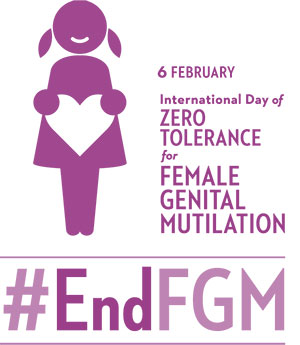
The Future (of STI Prevention) is Female
Currently, condoms are the only product on the market that provide individuals with dual protection against pregnancy and sexually transmitted infections (STIs), including HIV. The United Nations (UN) Department of Economic and Social Affairs recently reported a worldwide increase in condom use from 1994 to 2015. During this time, the percentage share of male condoms of all contraceptives used globally among married or in-union women aged 15 to 49 increased from 8% to 12%. In addition to condom prevalence, contraceptive use overall has increased rapidly since the creation of various modern methods (such as the pill and IUD) in the 1960s and 1970s. More women are using contraceptives now than ever before. Nonetheless, the UN also reported, “in at least one of out every four countries or areas with data, a single method accounts for 50 per cent or more of all contraceptive use among married or in-union women.” The most commonly used methods included the pill, injectables or IUDs—none of...







